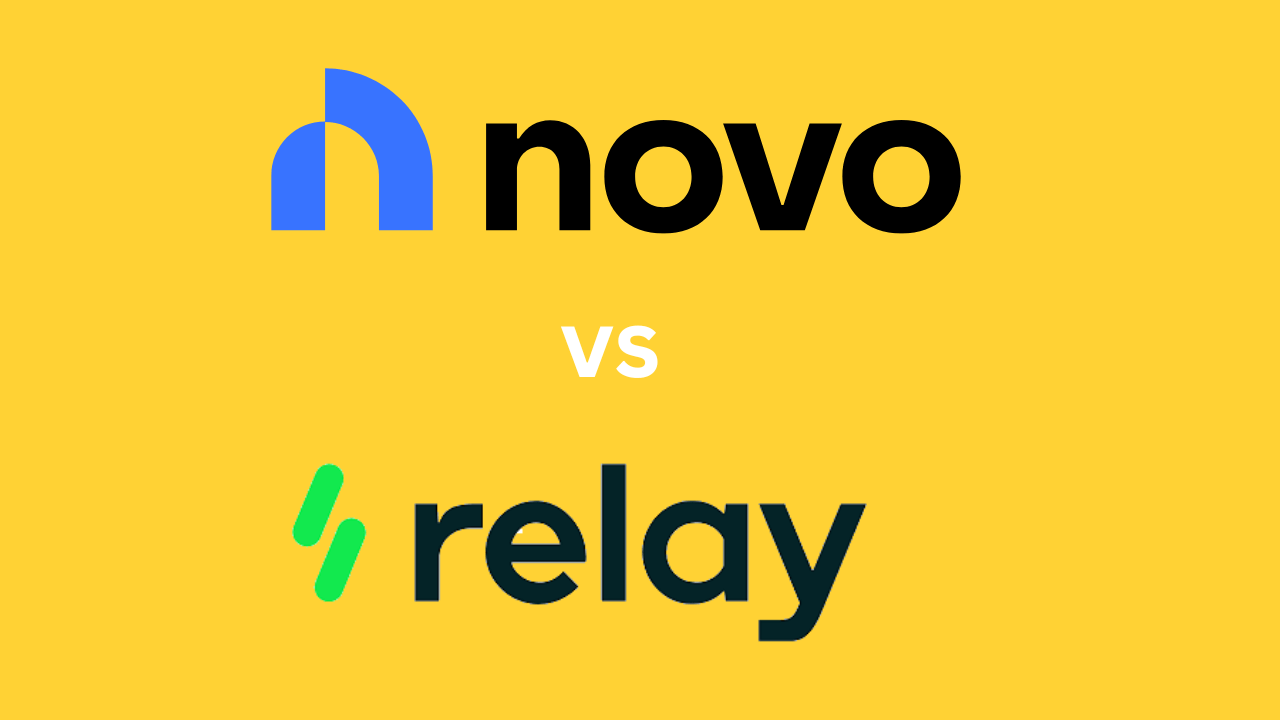Language:
Pay Your Kids Tax-Free: A Starter Guide

Pay your kids tax-free, a family-friendly financial hack that perhaps not enough families are utilizing. In this starter guide, we’ll explore the ins and outs of hiring your children based on your business type, how to reap tax benefits, and how to provide your children with valuable work experience, all with smart, future-proof strategies fit for a parent and business owner.
Why Hiring Your Children Is a Great Tax Strategy
For parent-preneurs who would love to give their kids the gift of a paid job, you have some great tax benefits waiting for you.
First, you can deduct the overall wages you’re paying as a business expense, lowering your overall tax bill just like any other business expense.
Second, if your kiddos are under 18, you don’t have to withhold or pay any FICA taxes on their wages, meaning more take-home pay for you. This greatly trumps hiring someone outside of your family, where you wouldn’t get such a tax break and would have to cover paying taxes on their wage.
Tax Advantages Depend on Your Business Entity
The tax advantages overall, including the ones for hiring your kids, are different based on your business entity.
Limited Liability Company (LLC)
If you’re a single-member LLC taxed as a disregarded entity or taxed as a partnership and owned by you and your spouse, you don’t have to pay payroll taxes for employing your kids.
Partnership
Since partnerships are like sole proprietorships in that they’re not technically registered, the benefits you’ll have are just like LLCs taxed as a partnership, yielding benefits like not having to pay payroll taxes like you would if you were a corporation.
Corporation
As an S corporation or C corporation, the Internal Revenue Service (IRS) technically states that you have to withhold payroll taxes when you’re employing your kids. That means, just like with any corporation, you’re in charge of both business-side and employee-side taxes, which is another 15.3% to cover FICA and Medicare.
There is a loophole around this if you’re willing to take some time for the workaround, which is creating a separate company.
This is oftentimes referred to as a family management company or FMC, and it’s a sole proprietorship for families in this exact scenario.
It’s an intermediary company with the sole purpose of supporting the operations of your corporation. From here, you’ll establish contracts between your business and your FMC, including the expenses that you’ll claim for your business like your kids’ payrolls, that you can now use as a tax deduction.
Things You Should Remember
Hiring your children for your business can be a great way to save money on taxes and give them valuable work experience. However, there are a few things you need to keep in mind to make sure that you are doing everything correctly.
Your Child Must Be a Real Employee
It’s legally required to pay your child for ordinary and necessary needs for your business, this could be anything from managing your company’s social media account to washing the company car to managing the door of an event.
Ensure Your Kid Is Suitable for the Job
Let’s face it, not all jobs are suitable for children. As much as your 6-year-old might want to close up the store for you, consider what they’re truly capable of and what might be too advanced for them at their current age. One of the great parts about hiring your kids is that the more they work for your company, the more they’ll learn as they go, being able to advance what they do as they grow older if they so choose. It’s also important to make sure your child’s job doesn’t interfere with their regular daily needs, like school or activities.
Technically, the IRS requirement is that your child can start working for you at 7 years old, so take a look around and see what’s possible for your kid at this age.
You Should Pay Your Kid Reasonably
The amount of money you pay your child should be based on the value of the work they’re doing, not how much (or how little) you’d like to pay them. Do your research and check the industry average wage for the job they’re doing, and pay them accordingly.
Stay in Compliance With the IRS
You need to make sure that you are following all of the relevant tax laws when you hire your child, including withholding taxes from their paycheck and filing the necessary paperwork with the IRS. Consider hiring a tax specialist to ensure you’re always up-to-date on any chances and to maximize your tax savings.
Take Note of Child Labor Laws
These laws vary from state to state, so make sure that you are familiar with the laws in your area. Familiarize yourself with the Fair Labor Standard Acts (FLSA) and the Federal youth employment provisions which work to protect children against unfair or unsafe working conditions based on the state they’re living in.
Keeping It All in the Family
Having your children work for the family business can be valuable and financially rewarding for the parents and the kids. Do keep in mind that since its family working for you that you still need to follow the proper payroll system.
Don’t let the stress of managing two types of employee payroll get to you. Have an expert like doola help you with your business finances.
doola’s bookkeeping services can help you manage your business, whether you’re just starting or adding your kids after many years of being in business. Stay focused on managing and running your business, and let doola take care of the finances.
FAQ
How does tax-free work for children over the age of 18 work?
If your child is over the age of 18 and they work for you in a business that you own, they may be able to earn up to $12,200 per year tax-free.
Can you write off paying your child as a business expense?
Yes, you can write off the wages you pay your children as a business expense, which can lower your overall tax bill.
Does your kid need to file their own tax return if they work for you?
It depends. If your child’s total earnings from all sources are less than $12,200, they do not need to file a tax return. However, if their earnings are more than $12,200, they will need to file a tax return.
Should you give your child a 1099 or a W-2 tax form?
Any classified employees, including your kids, working for your company should receive a W-2 tax form. If you’re treating them as an independent contractor and you’ve paid them $600 or more, they should receive a 1099-NEC.
Can I use the income of my kid to save for college?
Yes, you can use the income of your child to save for college, but there might be some restrictions on using them towards certain college or savings plans.
Keep reading
Start your dream business and keep it 100% compliant
Turn your dream idea into your dream business.















